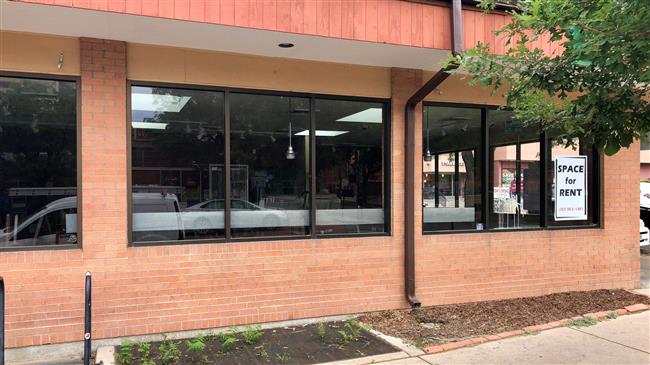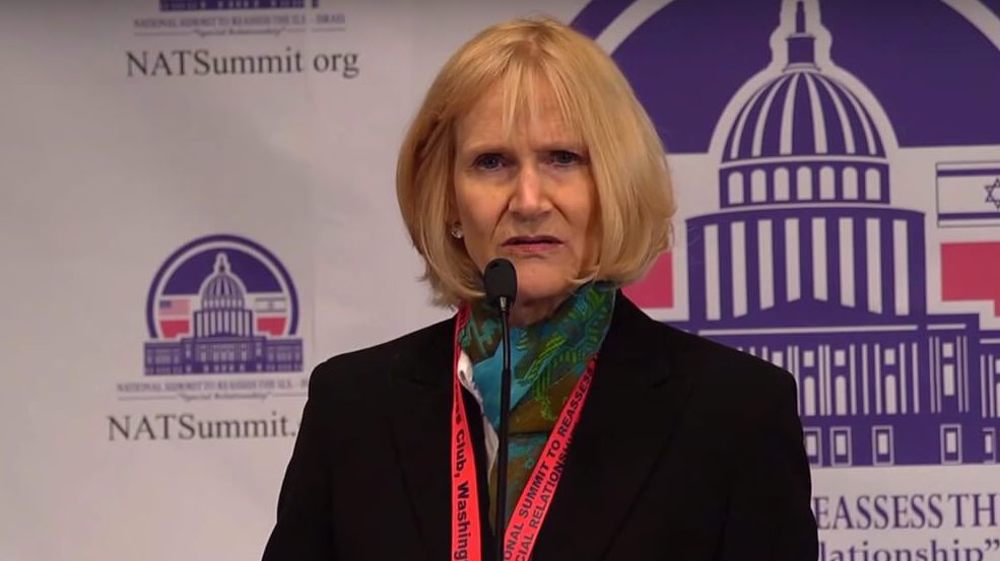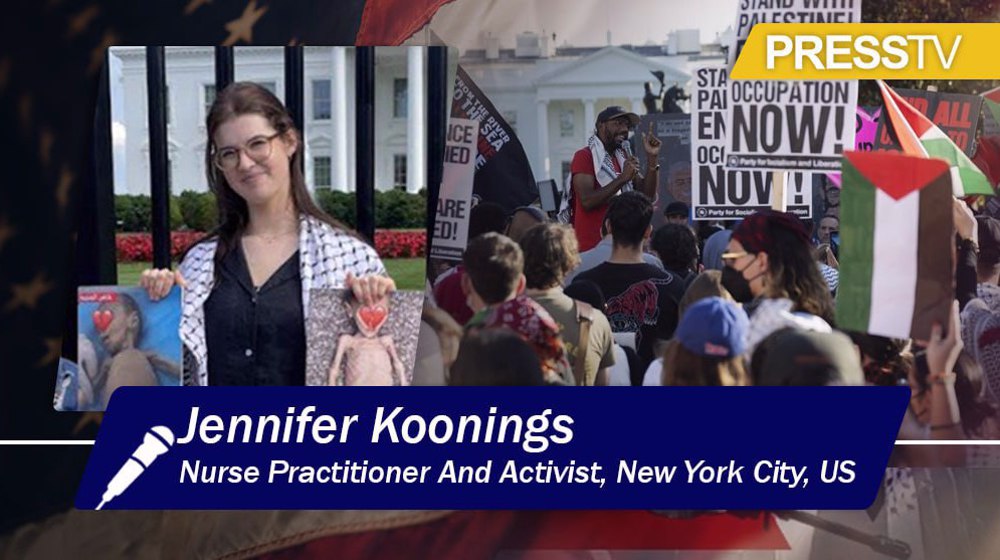US female landlord who refused to rent to Muslim men settles lawsuit
An American landlord in Denver, Colorado, who was recorded telling her tenant not to sublease her property to a Muslim father and son seeking to open their second restaurant must pay the men $675,000 under a settlement.
The men sued last year, generating local news coverage and online pleas to boycott the woman's business, which mirrored the response to racist comments captured on video across the US in recent months.
The parties finalized the settlement in April. Rashad Khan said it was a relief after more than a year of reliving his first experience of someone refusing to work with him and his father because of their faith and race.
Khan was born in England and came to the United States with his parents when he was 11. His father, Zuned, was born in Bangladesh.
"My dad and I just wanted to know that there's justice, that she can't do this," Khan, 36, told The Associated Press.
"Just to look at my name and assume everything in my life, everything that I am," he told the AP. "I was angry, I was disappointed. I started to have a little bit of self-doubt. It kind of creeps into your mind: Who else is thinking these things? Is she the only one?"
Khan earned a degree at the University of Colorado Boulder and worked in information technology before teaming up with his dad.
Craig Caldwell, who is white, began renting a building in 2016 but decided to close his fried chicken restaurant there in late 2017. Caldwell had to continue paying rent to Katina Gatchis, the building’s owner, for the five-year lease unless he could find someone to sublease it.
The Khans seemed like his solution. They hoped to open a second Indian restaurant, replicating a fast-casual model that proved popular in the nearby city of Boulder. But weeks went by without approval of the sublease agreement by Gatchis. Caldwell said he was shocked when the woman's son blamed the Khans' Islamic faith.
"I didn't believe it, and I didn't think anybody would believe me," said Caldwell, who is 71.
He decided to use a voice recording app on his mobile phone during his next conversation with Gatchis.
"American person!" Gatchis said in the recording, provided to The Associated Press by Caldwell's attorneys. "American person, I need. Good like you and me."
Caldwell returned to see her a few days later. He hoped Gatchis would change her mind, but she remained insistent in a recording of that conversation. "They bring all the Muslims from the Middle East, and then I have a problem around here, bam boom, bam boom," she said.
In a court document filed in March, Attorneys for Gatchis said she admitted making the statements "and that the recordings are accurate." Gatchis acknowledged in the document that she "unlawfully discriminated" against the Khans' company.
Caldwell took the recordings of Gatchis to his business attorney. He referred Caldwell to Denver attorney Qusair Mohamedbhai, whose firm often handles discrimination claims and other civil rights cases. Mohamedbhai said proving discrimination is often difficult and credited Caldwell for speaking up.
"Businesses in Colorado and across the country should know that these laws are on the books, they are highly enforceable, and that if they will discriminate, people will stand up against them and tell them it is wrong," Mohamedbhai said.
Israeli war criminals 'not welcome', US city says after ICC ruling
US vetoing of Gaza ceasefire resolution ‘disgraceful’: Iran’s UN envoy
VIDEO | IAEA adopts anti-Iran resolution tabled by E3
VIDEO | Iran's president urges Pope to help end Israel's onslaught in Gaza
Iran's senior legal official: ICC arrest warrant for Netanyahu ‘great victory'
Nov. 21: ‘Axis of Resistance’ operations against Israeli occupation
VIDEO | Israeli forces storm West Bank’s Jenin again, target civilians
Iran activates advanced centrifuges after IAEA's 'unjust' resolution










 This makes it easy to access the Press TV website
This makes it easy to access the Press TV website